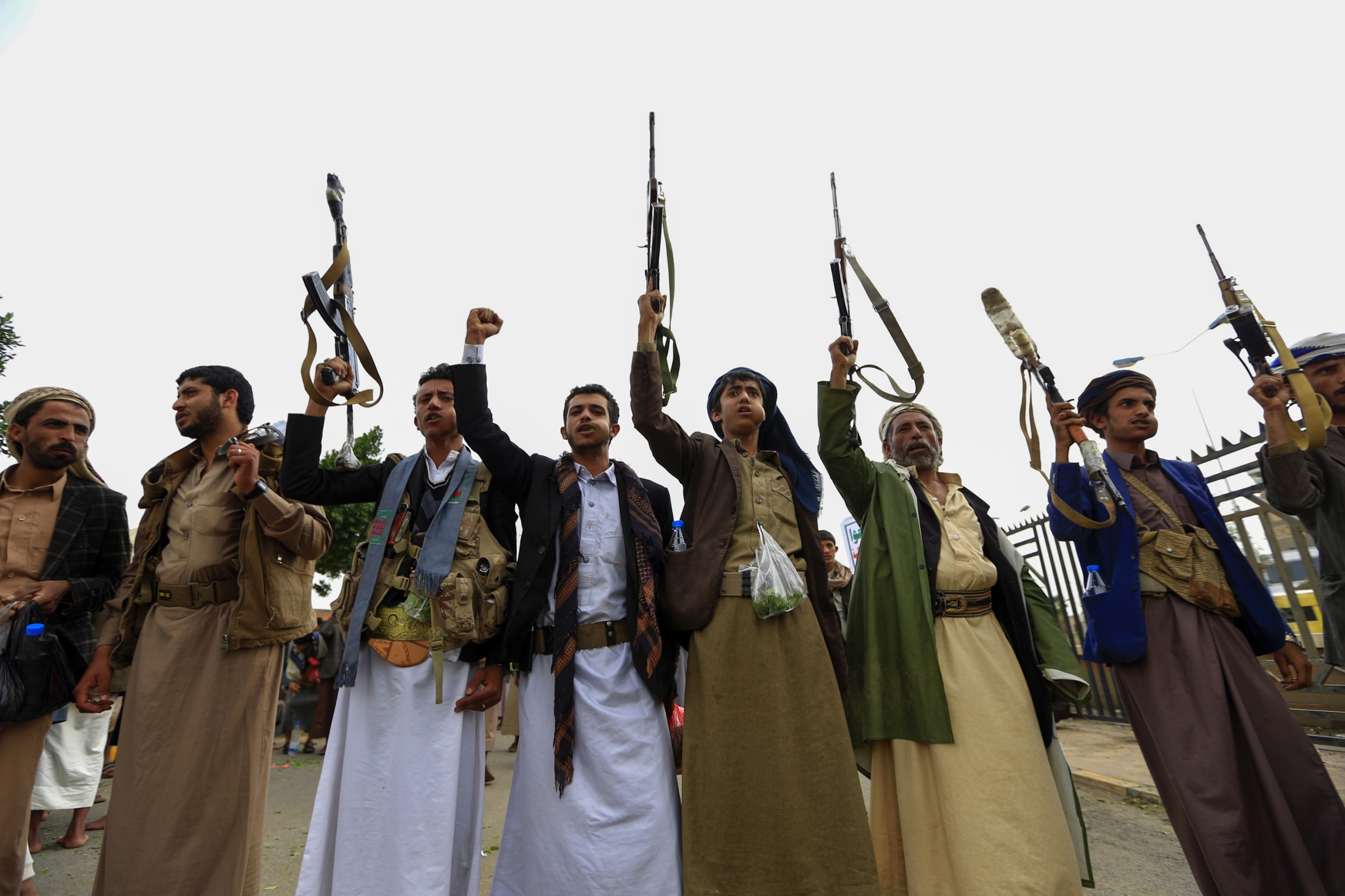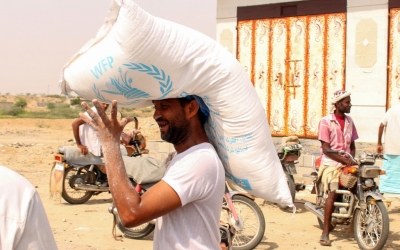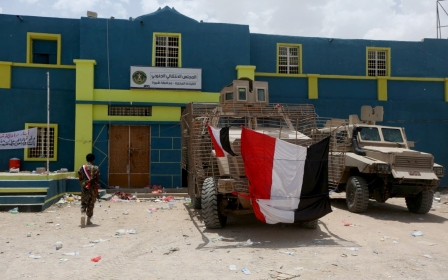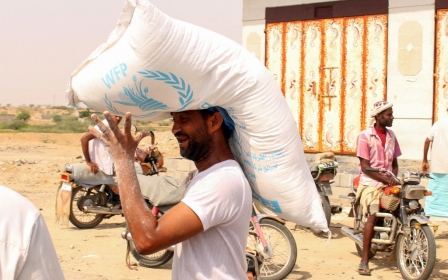US plans to initiate direct talks with Yemen's Houthis: Report

The US government is planning to open direct talks with Yemen's Houthi rebels in a bid to end the country's four-year conflict, according to a report in the Wall Street Journal.
Officials familiar with the matter told the newspaper that the Trump administration was pushing Saudi Arabia, which leads the coalition fighting the Houthis in Yemen, to take part in secret talks in Oman with the group's leaders in an attempt to broker a ceasefire.
The UN has warned that the war in Yemen, which began in 2015 when the Saudi-led coalition intervened following the Houthi takeover of the capital Sanaa, has created the world's worst humanitarian crisis, risking a famine and leaving tens of thousands dead.
The US and Saudi Arabia view the Houthis as proxies for Iran, which has declared public support for the group, and see the conflict as part of a wider regional conflict with the Islamic Republic.
Officials from former president Barack Obama's administration secretly met with Houthi leaders in 2015 shortly after the war began to secure the release of US hostages. US officials also met with Houthi leaders in Sweden during UN-led peace talks held in December 2018.
However, the officials told the WSJ that there had been no significant direct discussions with the group since 2017.
The World Food Programme, which says it feeds around 11 million people a month in Yemen, halted distributions to Houthi-controlled territory in June following accusations of "diversion of food" meant for Yemeni civilians.
In early August, WFP reached a deal to resume deliveries after the Houthis offered guarantees concerning the beneficiaries, the UN agency said.
Over three million people have been displaced and some two-thirds of the country's population are in need of aid, the world body says.
A WFP spokesperson told AFP that the agency distributes more than 130,000 metric tonnes of food each month in Yemen despite "operational challenges" linked to the complex conflict.
"WFP needs unimpeded access to all areas of the country so we can get food assistance to those who need it most."
Middle East Eye propose une couverture et une analyse indépendantes et incomparables du Moyen-Orient, de l’Afrique du Nord et d’autres régions du monde. Pour en savoir plus sur la reprise de ce contenu et les frais qui s’appliquent, veuillez remplir ce formulaire [en anglais]. Pour en savoir plus sur MEE, cliquez ici [en anglais].





